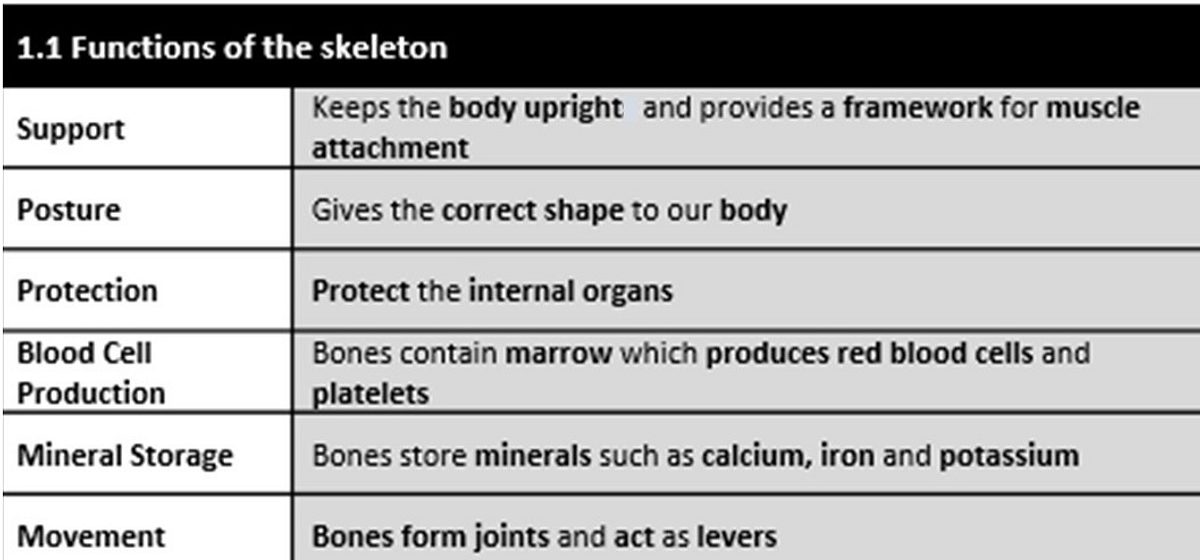
Blog -
Improving Feedback by Improving Subject Knowledge
Investing in Subject Knowledge has Multiple Benefits

Share on:

by Bradford Research School
on the
In our last blog, we set out a definition for a knowledge organiser:
A Knowledge Organiser is a one-page document which presents curated, essential, organised knowledge with clarity. Knowledge is presented in a format which facilitates retrieval practice, elaboration and organisation, in order to develop a schema.
One of the fundamentals of a Knowledge Organiser is that it must facilitate retrieval practice. If this ‘active ingredient’ isn’t present, we don’t have a knowledge organiser.
We won’t spend this post looking at all of the evidence around retrieval practice. For a good summary of the evidence see page 8 of this from Weinstein Y, Madan CR, Sumeracki MA (2018). We explore some of the nuances in our own blog: Retrieval Practice: More Than Just Quizzing. Professor Rob Coe has written a blog too about some of the challenges.
Well-formulated knowledge
If we see the value of retrieval practice, then we need to construct Knowledge Organisers in such a way to facilitate retrieval.
This article from SuperMemo (h/t to Daisy Christodoulou for sharing the link) looks at the concepts of ill-formulated knowledge and well-formulated knowledge. Ill-formulated knowledge is ‘complex and wordy’. Imagine the following text was contained in a Knowledge Organiser:
As well as giving us the correct shape for our body, the skeleton keeps the body upright and provides a framework for muscle attachment. It protects our internal organs and allows movement through joints used as levers. Bones contain marrow, which produces red blood cells and platelets and they also store minerals such as calcium, iron and potassium.
This information is useful and clear, but it is very hard to retrieve in any kind of systematic and efficient way. Knowledge Organisers can help by making the information well-formulated, like in this example from Dixons Trinity Chapeltown.

Look at the annotated example below. (1) You can cover up the term and use the definition to retrieve the term. (2) You can obviously do the opposite of this. This example places key words in bold – it’s helpful to do this when the exact wording is not important but the key ideas are. (3) For tricky definitions you can use cloze retrieval, where you blank out one or two words in the sentence. (4)and you can leave letters or other hints to scaffold the retrieval, gradually releasing these cues. (5) Moving further, you can merely provide the heading and the boxes and pupils can retrieve as much as they can.

Teachers can lead these activities and prepare resources such as blank Knowledge Organisers to fill in, and students can also use well-formulated knowledge to create their own materials such as flashcards. And well-formulated knowledge will make it so much easier to transfer to these kinds of tools, and will make using strategies such as the Leitner System more manageable.
Retrieval beyond lists
While the format above is what might be typically seen on a knowledge organiser, we do need to be aware that this is not the only way we might present information. We will dive deeper into the organisation of information beyond lists like this in a later blog, but we can use images, diagrams, charts as part of retrieval.

A timeline, for example. We can gradually remove some prompts. (1) Leave the dates. (2) Remove the dates and (3) remove the labels. All have to be recalled. Eventually you would be left with the skeleton of the timeline and ultimately it could be completely recalled from scratch.

Keep tuned for more on Knowledge Organisers from us. In the meantime, have a look at a blog from our colleagues at Durrington Research School – they have also shared brilliant advice on Knowledge Organisers and retrieval practice here.

Blog -
Investing in Subject Knowledge has Multiple Benefits

Blog -
Success is an important factor in motivation – how do we reconcile that with desirable difficulty?

Blog -
Making it easy for students to study by teaching them how
This website collects a number of cookies from its users for improving your overall experience of the site.Read more